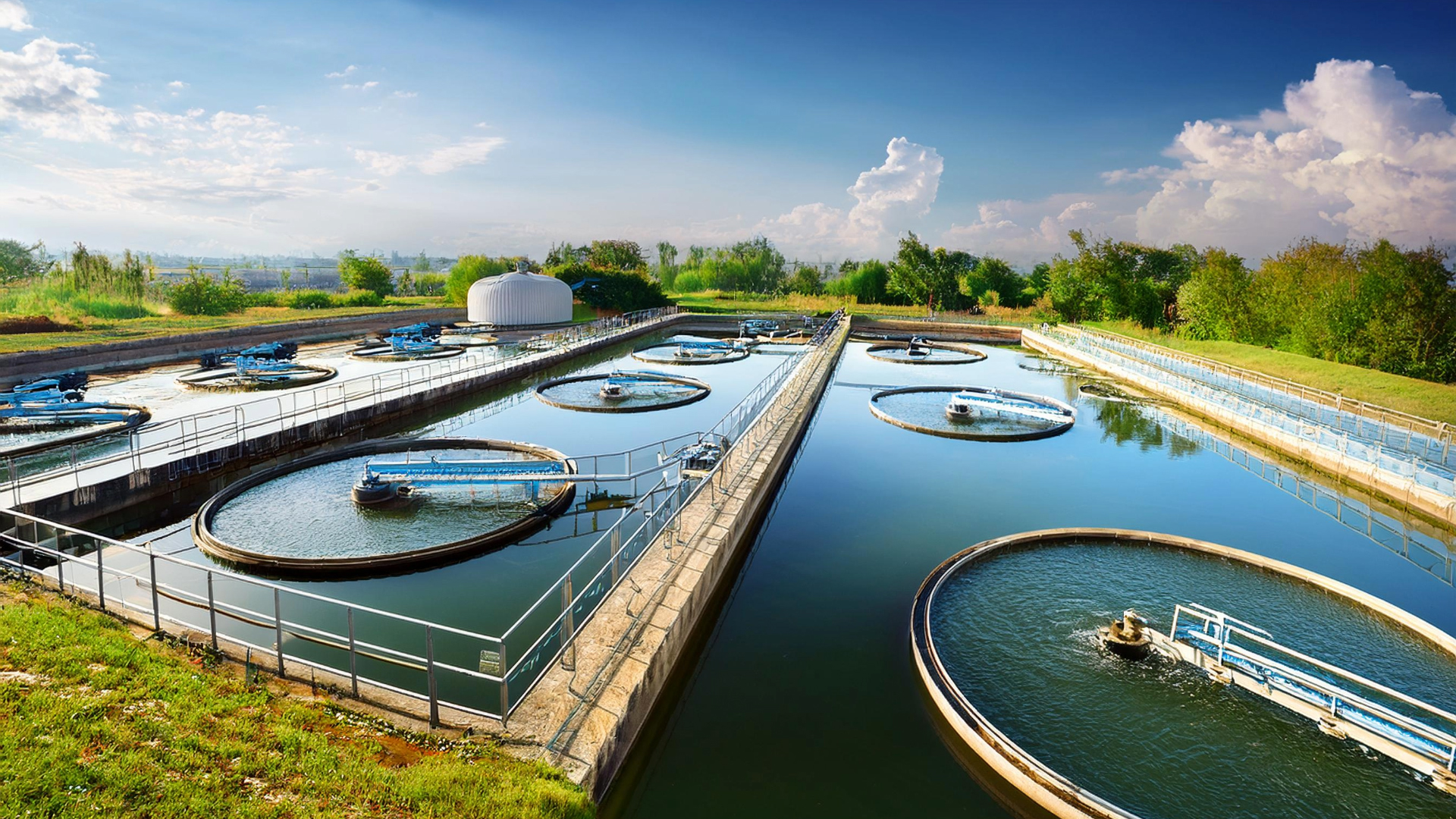FEA says members and interested parties should take part in research survey
Plus FOG to fuel: turning FOG from a nuisance into a revenue source
The foodservice industry knows that FOG (fats, oils and grease) is a major worry – especially for the water companies who often have to deal with its impact in the sewer system. Monster fatbergs are a favourite media trope and hospitality operators have to improve the way they deal with the issue. As water companies come under increasing pressure to keep waterways clean and clear, UK Water Industry Research (UKWIR) is running a project that is looking into a charging system for foodservice sites, based on the level of FOG and food waste in their wastewater discharges.
The survey comes at a time when there has been a rise in breaches of the Water Industry Act 1991 due to a lack of effective grease management control. These have resulted in fines ranging from a few thousand to tens of thousands of pounds for foodservice business owners.
FEA is asking members and other interested partes to take part in the survey, which will influence government policy. It has a deadline of 27th November and can be accessed here. (surveymonkey.com/r/FOGtariffs).
“The move to tighten up FOG control even further could lead to considerable on-costs for operators who are not dealing with it effectively,” says Andy Threlfall, FEA’s technical and policy director. “Whilst many operators already go to great lengths to clean up their FOG, we have to ensure that the whole industry gets its act together.”
A major issue with FOG is the cost of disposal, and the difficulty of finding a carrier who will take it for reprocessing.
“Equipment manufacturers (many of whom are FEA members) have developed multiple technologies to help with FOG. It’s not all about adding costs: used cooking fat is increasingly a resource and a potential revenue stream, as more companies turn it into biofuel.”
Indeed, one of FEA’s associate members, Eco Clarity, is now offering an ‘end to end’ solution for FEA members and their dealers and end users. It takes all of the waste from grease traps and processes it, turning it into clean water and biodiesel. The company is currently establishing a network of processing hubs across the UK.
Recovering and repurposing FOG not only prevents it from contaminating the sewer system, it also minimises the amount sent to landfill. At the same time, effective FOG management on site can enhance the efficiency of a commercial kitchen, by preventing clogs and backups in drains and pipes.
FEA has collaborated with a number of industry partners to create a guide on management of FOG in foodservice contexts, covering the laws governing the issue, the types of equipment and solutions available to solve them, and what to do with FOG once it has been collected. The ‘Foodservice Fat, Oil and Grease Management Guide’ can be downloaded free of charge from fea.org.uk, via the ‘Information’ tab.
The UKWIR survey suggests a future where businesses are financially penalised for poor FOG practice and rewarded for good. “Instead of being a nuisance and a cost, FOG can bring profits to foodservice businesses,” says Threlfall. “Turning it into a sustainable, profitable resource will be a major advance for the industry, helping with the circular economy.
“We need to take FOG seriously, and we need to do it now.”
FEA’s meeting for FOG members on 7th November included a tour of the Eco-Clarity processing facility in Hull. The FEA’s FOG product group forum consists of specialists with expertise in FOG management solutions, covering design, equipment and services. The group is helping to shape the future of FOG management. Anyone interested in joining the group should contact Andy Threlfall via email, andy.threlfall@fea.org.uk

